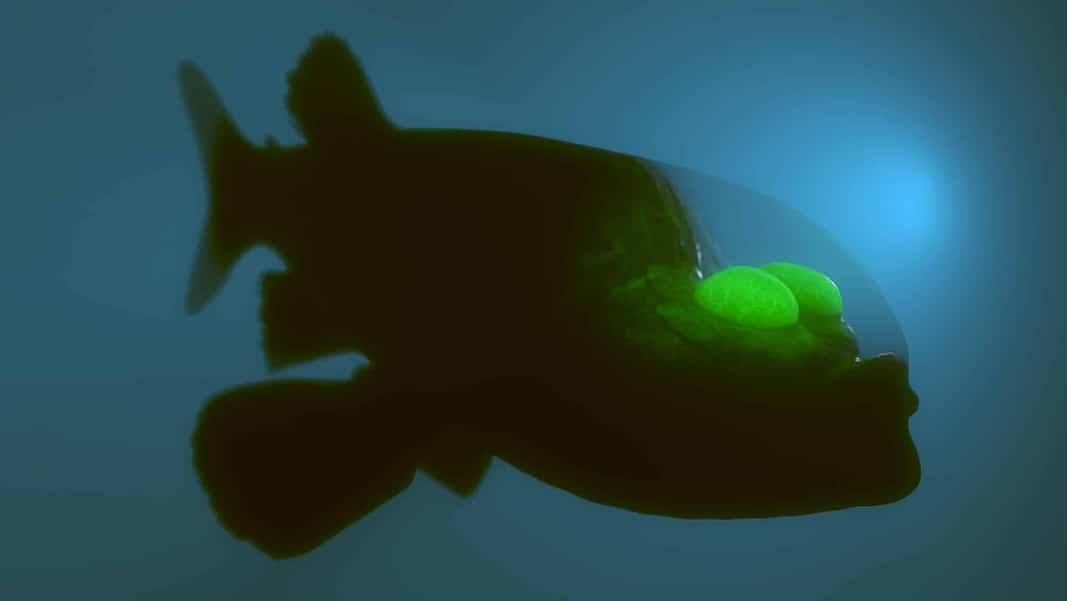A new study has highlighted that continental movement could result in the extinction of most deep ocean creatures in the long run.
Due to the extremely slow rate of movement, continental drift has previously been ignored. The position of the continents plays a crucial role in ensuring oxygen is taken from the shallows to the ocean’s depth and that water circulates around the planet. The new findings were published in the journal Nature.
According to study co-author, UC Riverside geologist Andy Ridgwell:
“Continental drift seems so slow, like nothing drastic could come from it, but when the ocean is primed, even a seemingly tiny event could trigger the widespread death of marine life… Many millions of years ago, not so long after animal life in the ocean got started, the entire global ocean circulation seemed to periodically shut down…We were not expecting to find that the movement of continents could cause surface waters and oxygen to stop sinking, and possibly dramatically affecting the way life evolved on Earth.”
While the study’s first author, Alexandre Pohl from Universite Bourgogne Franche-Comte in France, said:
“Scientists previously assumed that changing oxygen levels in the ocean mostly reflected similar fluctuations in the atmosphere.”
You can find the original study here.

